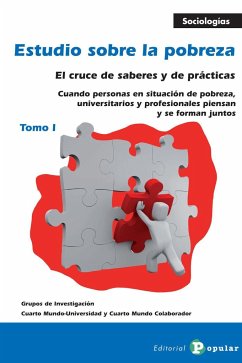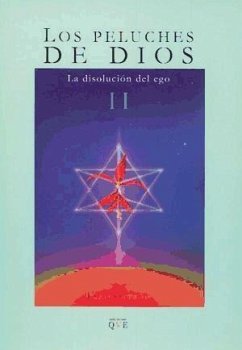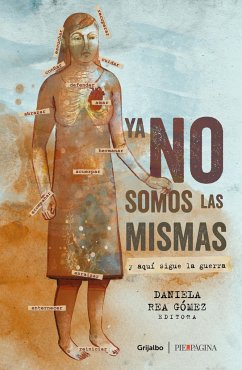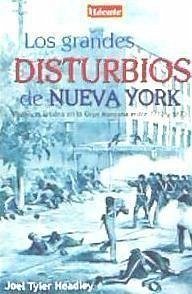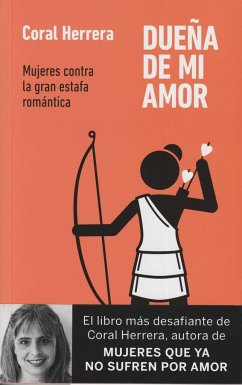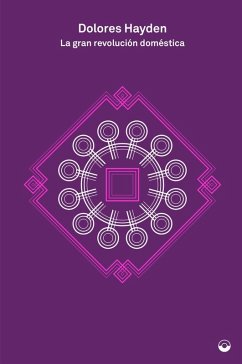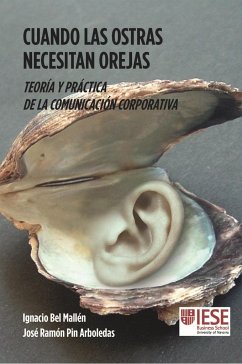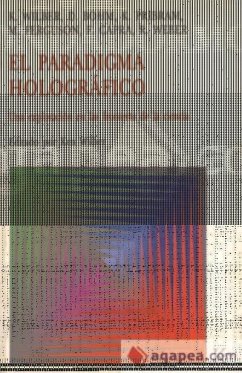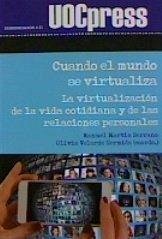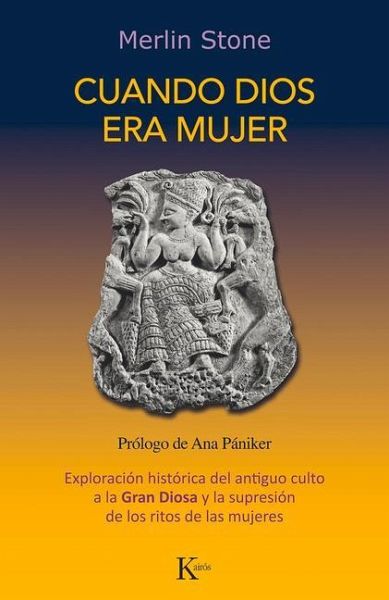
Cuando Dios Era Mujer: Exploración Histórica del Antiguo Culto a la Gran Diosa Y La Supresión de Los Ritos de Las Mujeres

PAYBACK Punkte
13 °P sammeln!
He aquí una invitación para descubrir un pasado enterrado por milenios de mitos judeocristianos y su correspondiente orden social. Abundando en fascinantes detalles, Merlin Stone nos cuenta la historia de la Diosa que, bajo el nombre de Astarté, Isis o Ishtar, reinó en Oriente Medio y Próximo. Fue reverenciada como la sabia creadora y fuente del orden universal, y no como mero símbolo de la fertilidad. Bajo los auspicios de la Diosa, los roles sociales eran sustancialmente diferentes a los establecidos por las culturas patriarcales: las mujeres compraban y vendían propiedades, comerciab...
He aquí una invitación para descubrir un pasado enterrado por milenios de mitos judeocristianos y su correspondiente orden social. Abundando en fascinantes detalles, Merlin Stone nos cuenta la historia de la Diosa que, bajo el nombre de Astarté, Isis o Ishtar, reinó en Oriente Medio y Próximo. Fue reverenciada como la sabia creadora y fuente del orden universal, y no como mero símbolo de la fertilidad. Bajo los auspicios de la Diosa, los roles sociales eran sustancialmente diferentes a los establecidos por las culturas patriarcales: las mujeres compraban y vendían propiedades, comerciaban y heredaban el apellido y la tierra de sus madres. Al documentar la reelaboración generalizada del mito y de los dogmas religiosos, Merlin Stone describe una antigua conspiración en la que la Diosa fue presentada como una figura licenciosa y depravada, una caracterización confirmada y perpetuada por una de las leyendas más conocidas de la cultura moderna: el mito de Adán y la pecadora Eva. Penetrante y sugerente, esta es una lectura esencial para quien se interese por el origen de los actuales roles de género y el redescubrimiento del poder de las mujeres.




